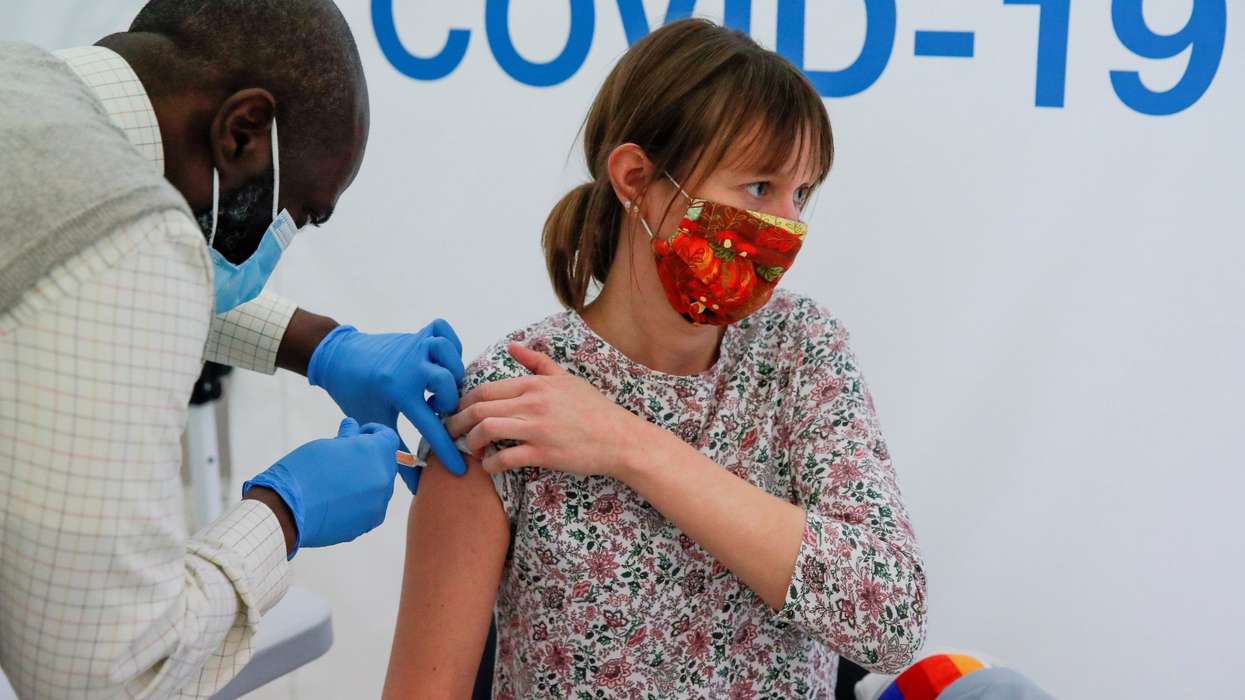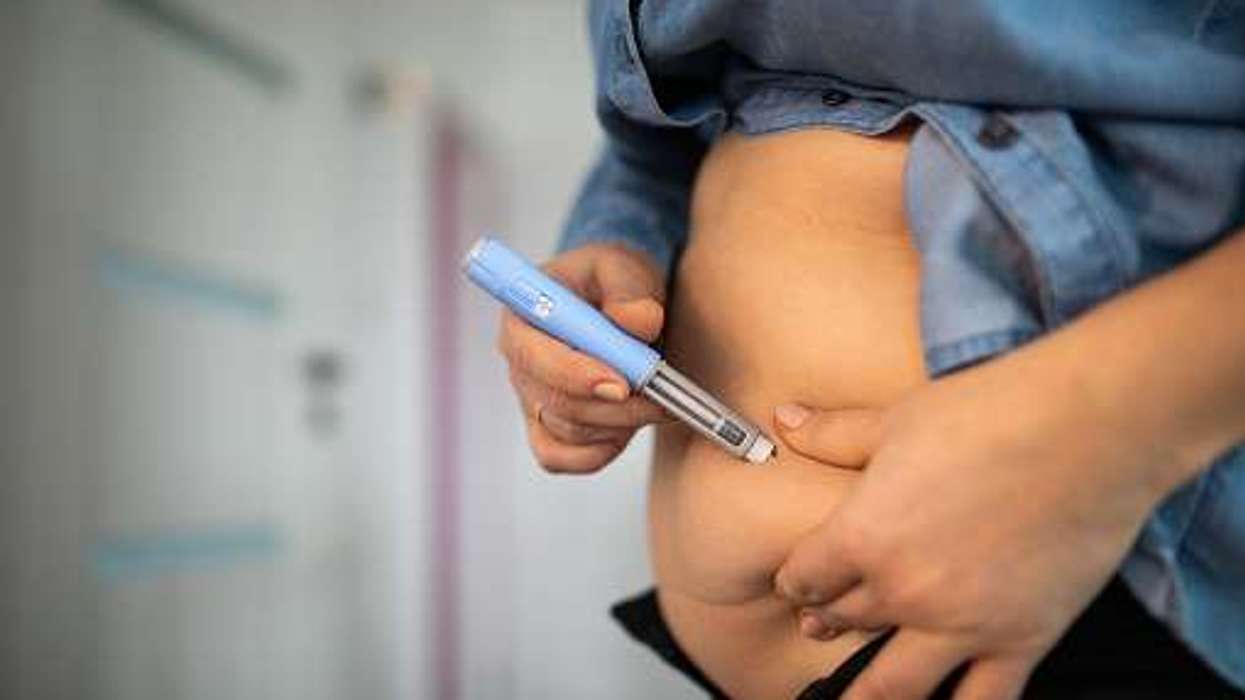Key Summary
- WHO has designated the UK’s MHRA as a WHO-Listed Authority, recognising its global regulatory excellence
- The status boosts the UK’s role in ensuring safe, effective medical products worldwide
- MHRA joins Health Canada and Japan’s MHLW/PDMA in a 39-member trusted regulator network
The World Health Organization (WHO) has designated Medicines and Healthcare products Regulatory Agency (MHRA) as a WHO-Listed Authority (WLA).
This recognition puts the regulatory body among the world’s most trusted regulatory bodies and affirms its commitment to the highest international standards in the regulation of medical products.
This achievement aligns with the ambitions set out in the Government’s Life Sciences Sector Plan, to position the UK as a global hub for innovation and enhance the country’s life sciences industry through cutting-edge science and regulatory excellence.
MHRA’s designation as a WLA strengthens the UK’s ability to ensure timely access to safe, effective, and innovative medical products for patients globally.
Along with MHRA, Health Canada and Japan’s MHLW/PDMA has also been selected by the WHO to expand its WLA network to 39 authorities, which ensure access to high quality medical products, especially in low and middle-income nations.
MHRA chief executive Lawrence Tallon said, “As a WHO-Listed Authority, we stand ready to support faster access to life-saving treatments worldwide, while continuing to uphold the highest standards of safety and efficacy.”
The WHO’s WLA framework strengthens global regulation, provides access to quality products, especially in regions with limited regulatory capacity.













